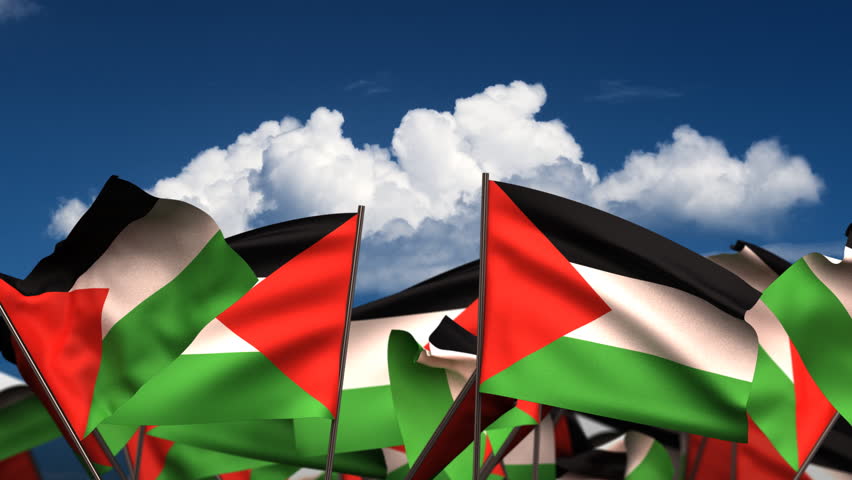This week, the Institute of Palestine and South Africa (IPSA) in collaboration with the In Transformation Initiative (ITI) have conducted the second session of the Forum for Dialogue for Palestine; ‘The Future of Palestine’s National Project’. While the initiative began in 2015, the first of the four sessions was hosted in April, 2016.
The second session was attended by numerous South African struggle stalwarts, including, Justice Albie Sachs, Ebrahim Ebrahim, and Aziz Pahad. Also in attendance was the deputy minister of international relations, Nomaindia Mfeketo.
IPSA is a non-governmental institute funded by South African civil society. The main emphasis of the work is diplomacy and the use of art in nation building in South Africa and Palestine. In Transformation was invited to run the workshops due to their extensive experience in dealing with conflict resolution in 12 countries.
Speaking to VOC, head of IPSA Dr. Anis Daraghma explains that the forum was initiated by IPSA in collaboration with Ebrahim Ebrahim and Roelf Meyer of ITI. The forum was directed toward addressing the internal disunity that Palestinians are currently experiencing through learning from the South African anti-Apartheid resistance movement. The four workshops are designed to facilitate a constructive process of dialogue between Palestinian political parties, youth, women, and academics, whilst drawing on the South African experience.
Daraghma says that Palestinians can find inspiration and hope from the South African struggle to aid with the unification of Palestinians, whether through supporting this initiative or any other form deemed appropriate.
In its initial phase, Daraghma notes that IPSA was largely financially supported by Dr Hakim Herzallah, a Palestinian business who resides in Cape Town.
With the introduction of ITI’s team, he says that the process that was decided upon defined a clear direction for the forum. While the first session was the pilot project, Daraghma says that the forum organizers were unsure if participants would in fact respond to the invitation and participate in the process.
He asserts that the success of the chosen direction for the forum became evident when in the first forum participants indicted that they initially had little hope in the process. With the opening proceedings they, however, realised that perhaps the South African experience has much to offer Palestinians.
“We were not sure about the outcome, but it was amazing that every participant that we invited attended the forum. They found it gratifying to discuss the national agenda with Palestinians from all territories,” Daraghma said.
He says that the outcomes of the first forum detailed the acceptance of the participant’s willingness to accept the invitation of South Africa and the South African National Congress (ANC) and showed a determination to return and continue discussing the ideas shared.
In light of growing support for the forum, Daraghma says that within the second forum participants indicated their conviction to develop unity both politically and socially, and further affirmed their desire to discuss the process with their South African “comrades.”
“It is confirmed that South Africa is the place. We are not going to host a dialogue in any other place – it is a huge confirmation that South Africans and Palestinians have camaraderie.”
He further notes that the participants indicated a conviction to mend the political division amongst Palestinians, particularly between Hamas and Fatah.
In response to the call for the forum, Daraghma explains that in the second forum, minister of Mfeketo in welcoming the delegation asserted her support for the people of Palestine and the process.
“She instructed the embassies of South Africa in Lebanon, Syria, Jordan, and Israel to find ways to assist the Palestinians in those areas.”
In light of growing frustration amongst Palestinians, who have lived for generations under occupation, Daraghma says that the process will assist in developing mechanisms to encourage popular struggle.
He says that through popular struggle, Palestinians at all levels will participate in the process of transformation and will assist in reaching an all-inclusive solution.
Given the entrenchment of both Jewish and Arab heritage within the lands of Palestine, Daraghma says that the process will act as a mechanism of dialogue, in the hopes of ending the decades of bloodshed.
“Let’s talk to each other and develop unity. One of the most progressive means of unity is developing unity between Fatah and Hamas – to connect the Gaza Strip and the West Bank.”
Daraghma further states that the forum acts as a platform where Palestinian political parties can meet with Palestinian solidarity organizations and youth, in the hopes of improving the lives of Palestinians living within; the Green Line, the West Bank, the Gaza Strip, Jordan, Lebanon, Syria, and elsewhere.
“After all the sessions are concluded, we see that hope will actually materialise, since we have witnessed in the first two sessions that the participants were increasingly inspired by the process. We really want this process to succeed; we look at it as a gift granted by the South Africans to Palestinians to discuss their future,” Daraghma continued. VOC (Thakira Desai)






 WhatsApp us
WhatsApp us 

